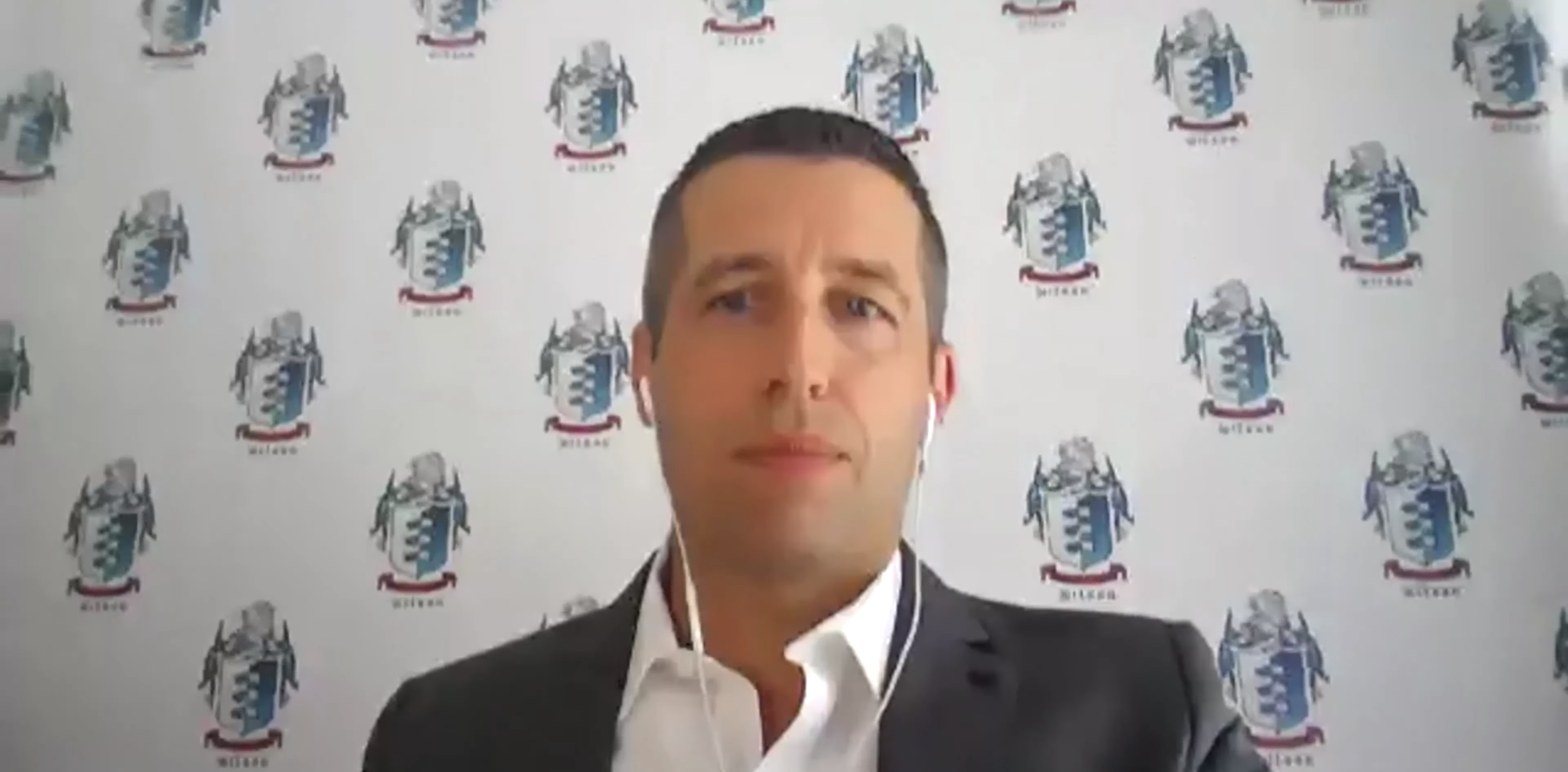Richard Wilson discusses how to get deals done in the family office space. Hello, this is Richard Wilson and today I wanted to record a short video on getting deals done in your industry. A lot of people watching this might be working in private equity, real estate, you, might have your own operating business and one thing I’ve had to learn the hard way, and no one ever really explained to me clearly when I was getting started was that you need to have really a Venn diagram, a bunch of circles that represent all the different variables that could influence whether you close a deal or not with an investor. This is something relatively simple. I shared this at our Family Office Deal Flow Summit in Times Square that we just held recently and I think I got a lot of great feedback on it from the audience. Really what I’m saying is that if you look at whether you’re going to close a deal or not with a specific investor, whether they’re going to invest or not, there’s some things that are going to influence that. Especially if you’re in real estate, geography is really important, but it’s always important. Somebody who’s buying an operating business based in San Francisco is going to be less scared of that if they’re based in let’s say San Diego versus Malaysia. Also, I would say that besides geography, there’s the industry focus. Are they looking at real estate investments and it’s real estate, it’s a real estate investment? Are they looking at buying apartment buildings and is it an apartment building? Are they looking at buying manufacturing businesses only, and you’re trying to sell them a food business that has nothing to do with manufacturing because of the type of a food product it is, it doesn’t need processing? All those things could be a fit or not. The Timing of the investment for the family or for the investor. Maybe they are digesting another large investment, or maybe the timing for the actual company is not right for the sale. The multiple or valuation it’s selling at. It could be a multiple on profits, a cap rate, or just the valuation could be off. Also, the team and the credibility of the deal. Who the deal came from, who’s brokering the deal, if anybody, who’s the management team behind the deal, and also the credibility of the investor. Are you representing a high net worth individual you met at a golf course and nobody’s sure how much he’s worth and he talks almost too big of a game so it actually hurts his credibility? Or are you representing a billionaire family that everybody knows their name, they know how they created their wealth, and they’re highly credible? That makes a huge difference. A couple other factors that I think always matters is just where the family made their money or investor made their money. Even if they say their mandate includes investing in manufacturing, or investing in consumer products, in my experience, if they don’t have investments in their portfolio, or it’s not where they’ve created their wealth, or it’s not where they have literally put on their website or said to their teams, “This is our number one area for investment for this year,” then I just don’t believe they’re really going to commit to it and actually get things done. We’ve spun our wheels with a lot of billionaire families, institutional clients that are publicly traded, as well as sent to centi millionaires who say they’re interested in an area, but unless they’re paying a high retainer per month and saying it’s a top area of focus, I would just learn that actions are lot louder than words and you don’t want to spend hundreds of hours of your time spinning your wheels on a maybe idea from a client that might invest in something if all of these variables align.

Close







